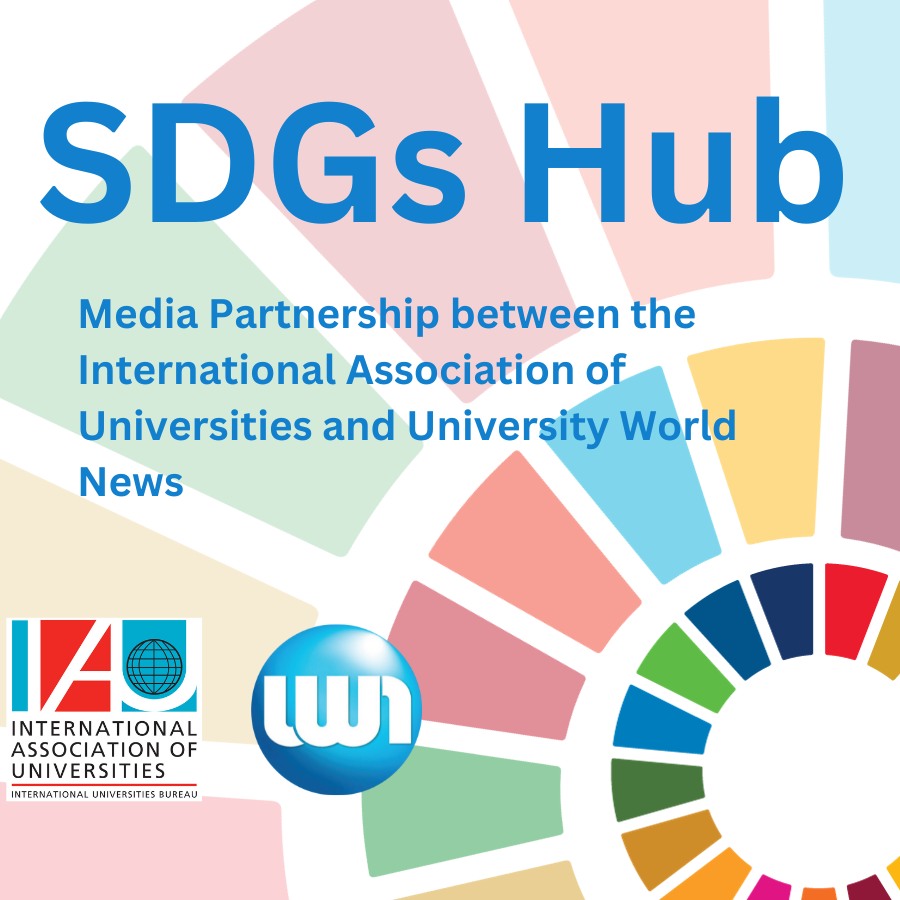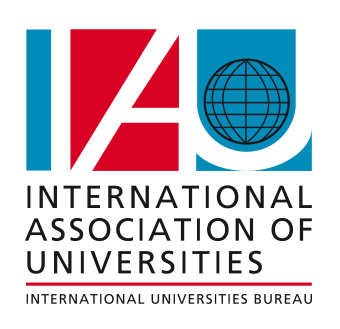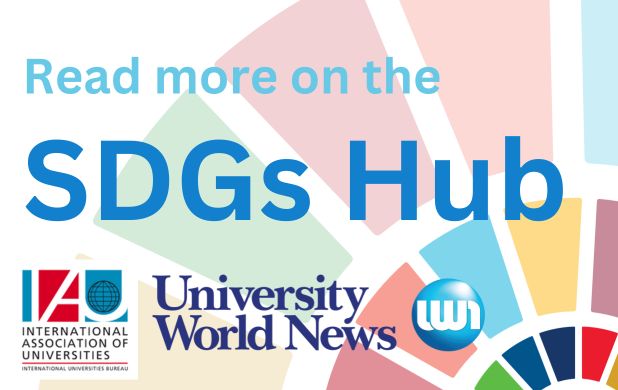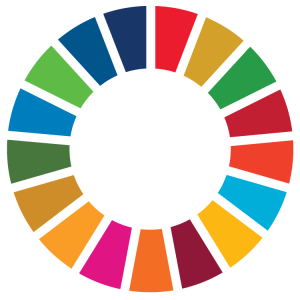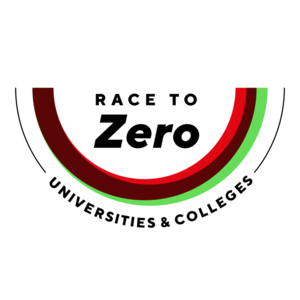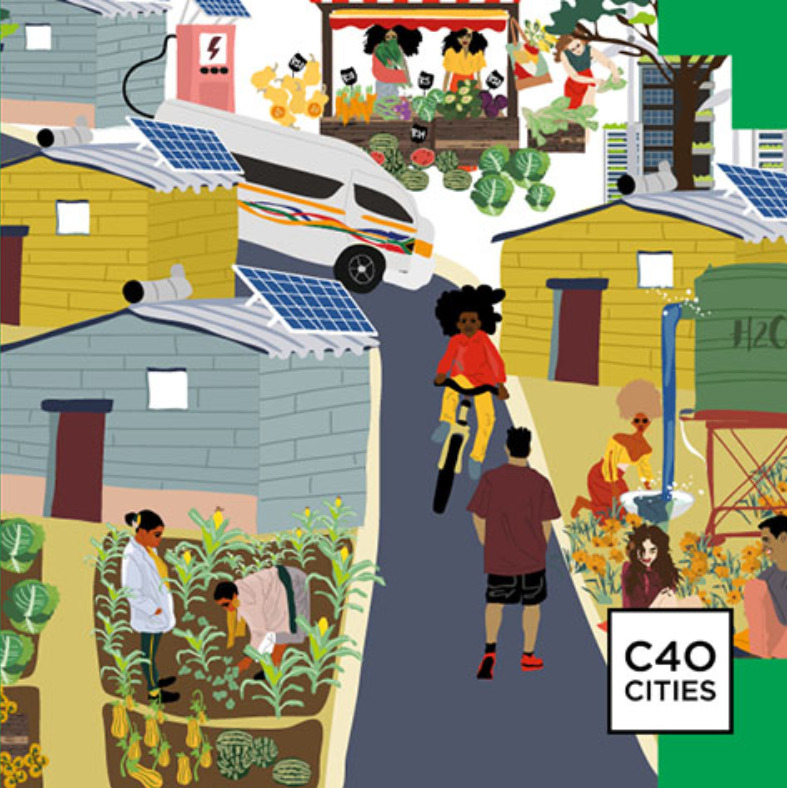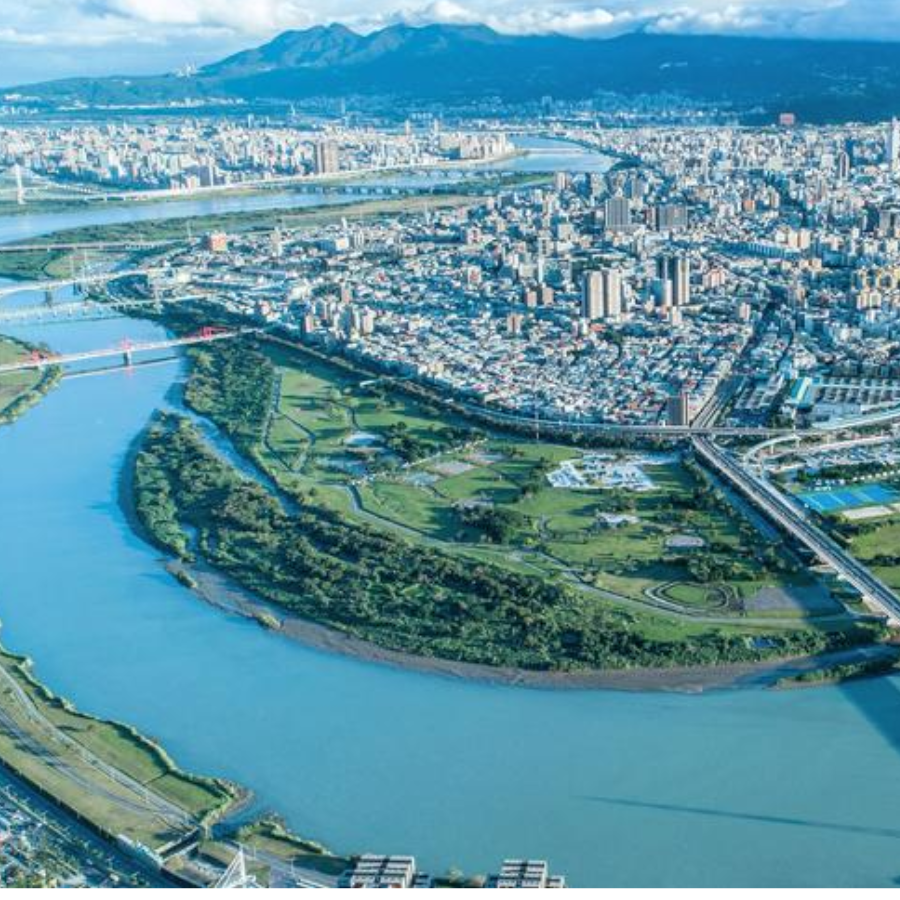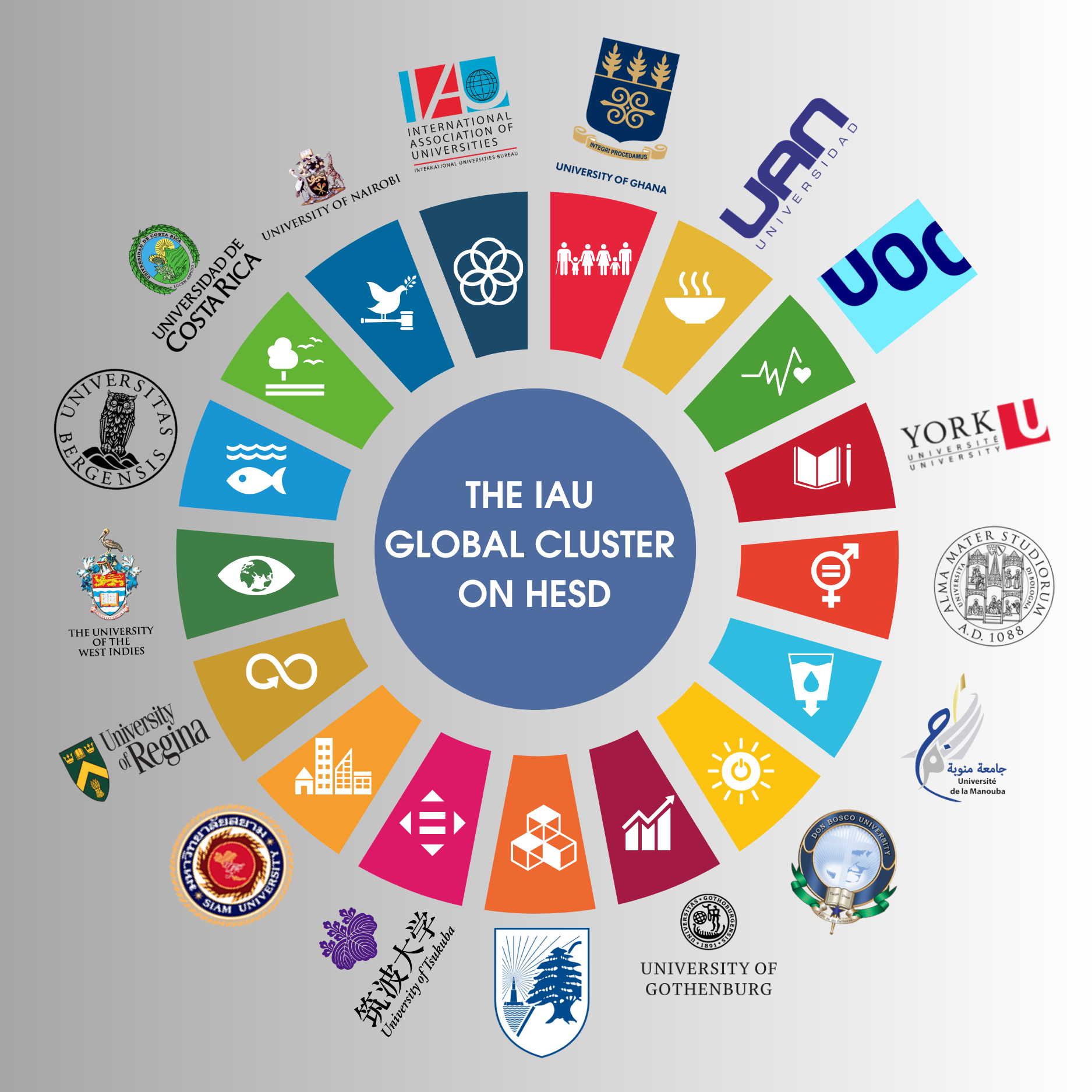Under the general theme of the conference, New Challenges for Higher Education, Cities and Regions: Addressing SDGs in Changing Contexts, key issues address both the larger international dimension of the mission of universities and colleges with the aim of contributing to the United Nations’ Sustainable Development Goals (SDGs), and their role for the development and well-being of cities and local communities.
The 17th PASCAL Conference will take place on from 4-6 July 2024. It will be hosted by the University of Taipei, Taiwan University of Education and Datong Community College of Taipei City. The venue will be the Howard Civil Service International House in Taipei.
The sustainable development goals have been an important benchmark for the development efforts of policy makers, academics and practitioners for almost a decade now. Yet, many structural changes and major shocks have altered their context since 2015 when they were first decided upon as a plan to be reached by 2030. The global COVID-19 pandemic brought traditional classroom-based face-to-face education to a sudden halt and sped up the process of online teaching and learning and, generally, the digitization of many other functions of society.
Another challenge - not only for education and learning – is the artificial intelligence revolution. The launch of the latest ChatGPT algorithms, pose many challenges for learning, and the development of a world respectful to aims of the SDGs with their economic, social and moral dimensions.
At the Taipei conference what was learned, and still needs to be learnt in order to harness these challenges successfully as we move to 2030 shall be discussed.
We invite submissions of papers, panels and posters concerning the following sub-topics:
- Climate change - its impact on growth, human rights, inequality and ecology, and the transformations that come with mitigation and abatement;
- Pandemics and human-made threats – impacts on peace, human rights, migration and economic resilience;
- Diversity and social protest in cities in relation to issues of inequality, human rights and economic development;
- Cities and regions – changing economies and implications for employment, enterprise and entrepreneurship;
- Artificial Intelligence (AI) – risks related to learning, security and peace.
Detailed Call for Submissions: 4 September 2023;
Submission Deadline: 4 March 2024;
Final Registration: 3 June 2024
Learn more about the New Challenges for Higher Education, Cities and Regions: Addressing SDGs in Changing Contexts Conference.
